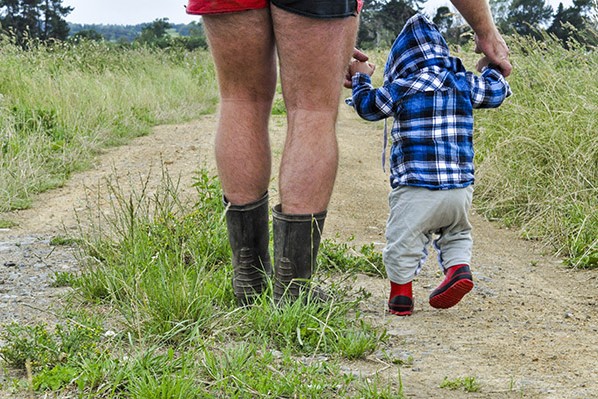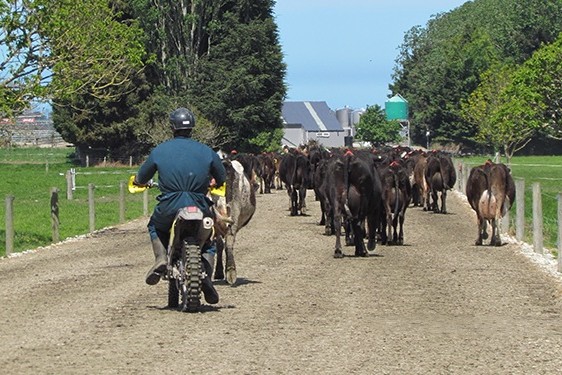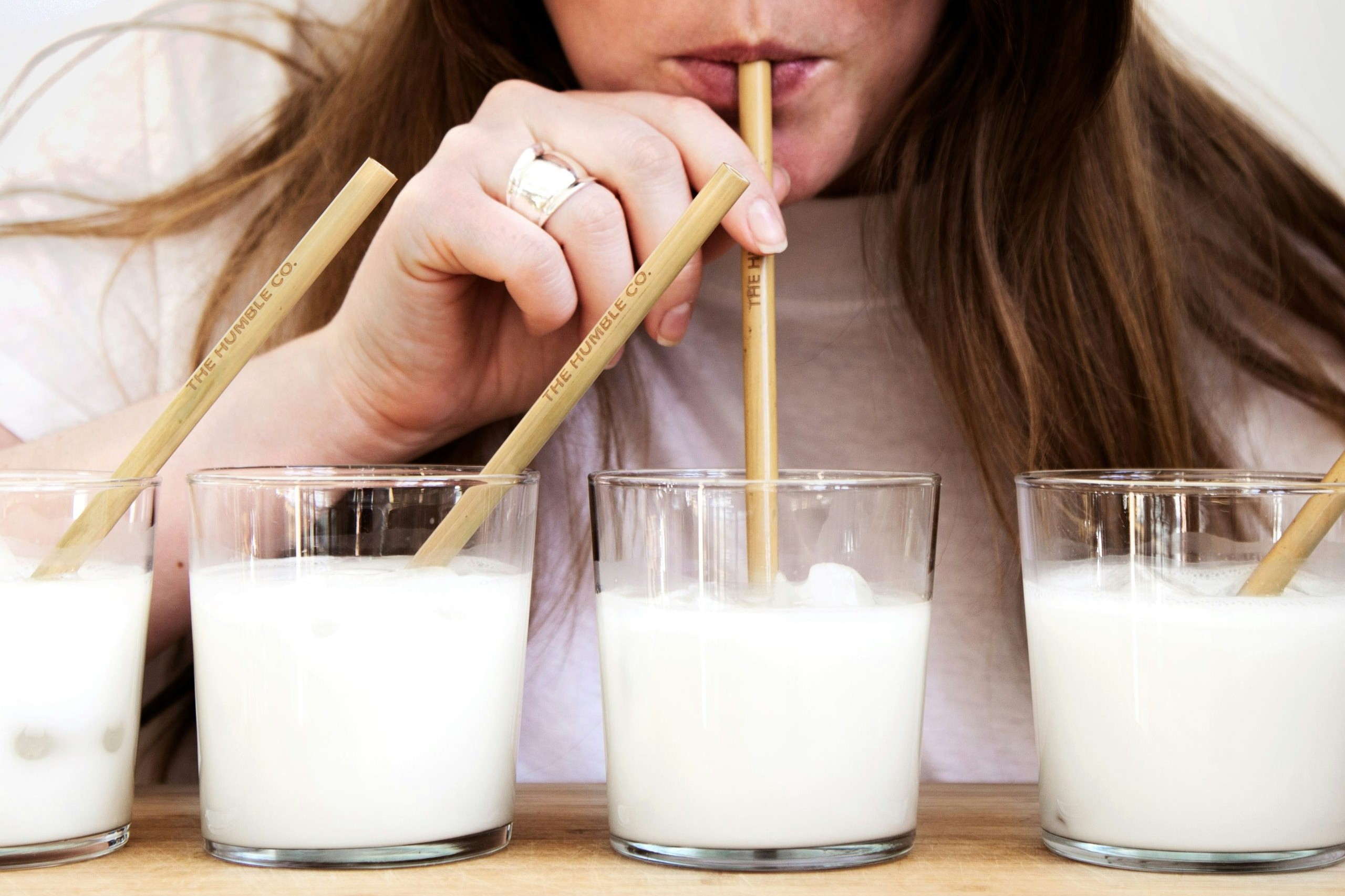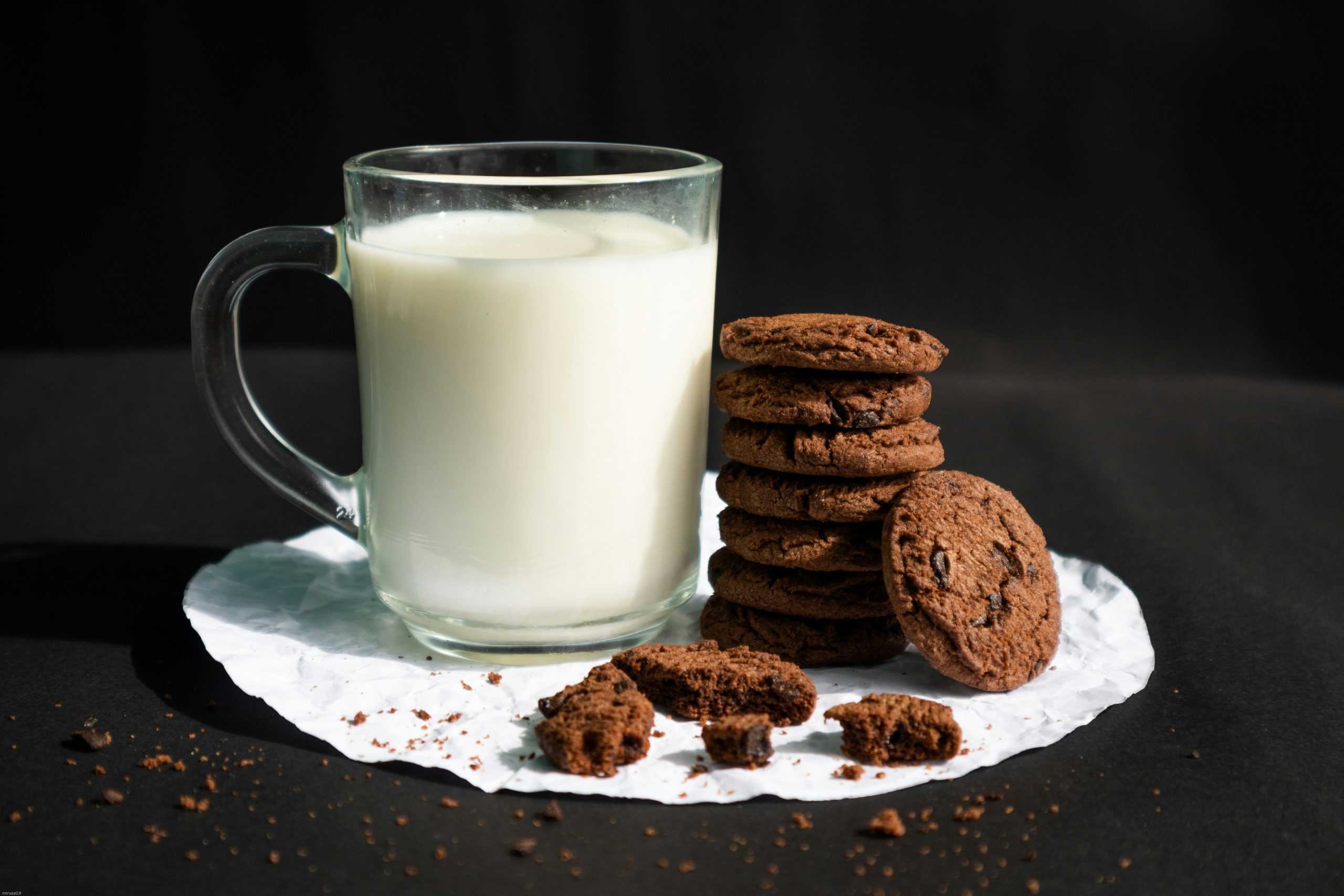Are we on a downhill to nowhere if we keep working without balancing the hard yakka we do each day with food and sleep, asks Jane Fowles.
I read a news article the other day about an older farming couple which referenced the husband’s mentality that hard work with long hours would make it all okay in the end.
I’ve had lots of chats with wives of husbands working harvest in the last few weeks, not seeing their husbands for hours, and then seeing them refuel their body with their trusty can of energy drink (anyone who knows me knows I shudder at this image!).
The same story can be told over and over for calving, harvest, shearing… the list continues. Our country has a “work hard, play hard” mentality, where she’ll be right if I put the hard work in.
Does this really work? Is that what keeps the engine room ticking? Or are we on a downhill to nowhere if we keep working without complementing the hard yakka we do each day onfarm? There are two very important focuses that we need to get some discipline and structure about. Get the balance right with these and we’re going to be the best version of ourselves.
Food
Food is our fuel, so we need to make sure we are having good, regular meals and snacks to give us the energy to keep going. When we are busy or tired, food planning and healthy options often take a back seat, but that is the very time they are the most important.
A coffee for breakfast, a pie for lunch and then who knows what for dinner, will not sustain the energy we need each day to fire on all cylinders.
I remember speaking to a young dairy farm worker a few years ago.
His breakfast that day had been cake, he had an energy drink for lunch and was hoping Mum would leave him a plate of dinner when he went to visit her after work. He told me he was feeling tired, I didn’t have to wonder why!
Practical strategies to help are:
- Cook once and eat twice (cook a double or triple batch and freeze the remainder).
- Cook as a team and share servings around everyone. You never know, you might teach someone to cook along the way.
- Eat small and often so that you are regularly getting some fuel into your body.
- Stock up on good food that lasts a while.
- Keep some good snack options at the shed or workshop for when you must eat on the run.
- Skip the energy drink. A medical professional will tell you that when you drink these, it will spike the sugar/your heart rate, then whatever goes up must come down. This means by 3pm you want another one to deal with the flat you’re experiencing.
- Buy a decent water bottle and drink water throughout the day (the water in coffee doesn’t count, before you ask).
Sleep
Sleep resets our brain. Lack of it leads to fatigue and this leads to increased risk-taking, poor communication, poor judgement as well as impatience and irritability. I think we all know the sage advice that no good decisions are made after 3pm.
Sleep is relatively easy to get at this time of the year, but it’s this time of the year where we need to set the habits for the busy times. Plus, a decent rest before the custard hits the beater helps us put our best foot forward.
Days off are crucial at any time of the year and the importance of what we do on those days cannot be overlooked. I once got a story about a farm worker who had a solid 5/2 roster with good hours each day, but she had reported feeling fatigued.
After speaking to her it was discovered that she had been working five days at her job, then going to work for her partner on her days off on his farm. Not an ideal recipe!
How do we sleep better?
- Try and get a solid routine of when you go to bed each day.
- Minimise background noise when you do go off to bed and regulate the room temperature.
- If you struggle to get to sleep, try learning a relaxation technique.
- A wise person once told me, associate the bedroom with sleepin’ (or lovin’!). Don’t game in bed, watch TV, or scroll the socials. This way, when you get into bed your brain will associate bed with sleep and you’ll start to switch off quicker.
- Keep up the water, reduce the caffeine.
- Consider how much alcohol you’re drinking – research shows us any alcohol consumed in the evening affects how we sleep. While one here and there won’t do us any harm, if we’re regularly consuming each evening, this will affect our ability to enter a deep restorative sleep.
- Try and write your to-do list before bed for the next day, so you don’t wake up thinking of things that need to be done mid-way through the night.
- Don’t short-change yourself on sleep too often, you’ll accumulate a sleep debt that you can’t ever repay.
All sounds straightforward, doesn’t it? So, take a moment, reflect on your last seven days. How many hours did you get each night? What fuelled the body? When did you struggle to get to sleep? When were you so tired you fell asleep on the couch watching TV? When did you decide something and then think, gee shouldn’t have done that? Then, take that and think about your next 14 days. Pick one thing, go to bed earlier, drink more water… start there. Stick to it – what do you notice?
- Jane Fowles is head of People and Culture with Dairy Holdings.





